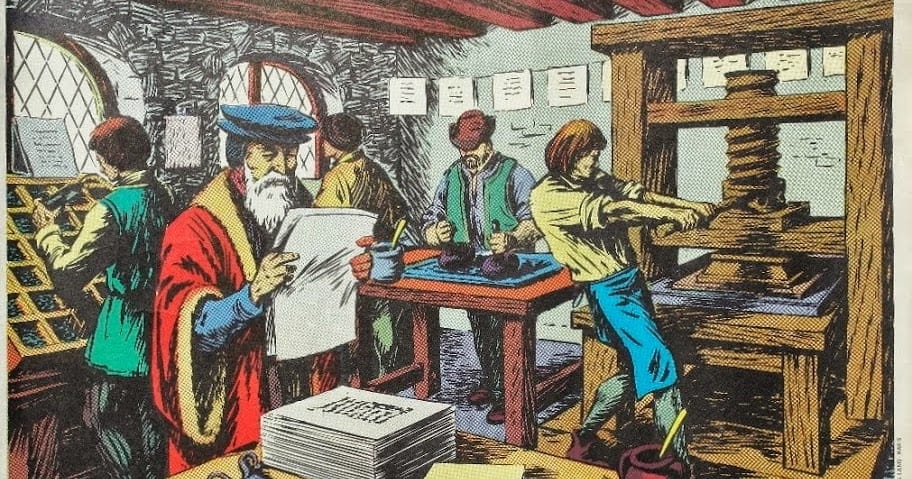
One of our goals at The Smokey Wire is to hear both sides of issues. Sometimes that’s easy, as we can simply call and ask. Sometimes, the FS is in litigation, and the cone of silence has descended, and we have to make do with reading EIS’s RODs and objection letters. Sometimes people of all stripes don’t return our phone calls or emails. Many of us know something about whatever the issue is from our work lives, and have a knowledge base to build on. Sometimes we have to start from scratch. One of us (Steve Wilent) is a professional journalist, and most of the rest of the usual crowd are not.
So I’d like to encourage readers to help out with this. In looking for grants to support our effort, I found that what we do is called “citizen journalism” and is actually part of a movement. One of my favorite write-ups on it is by Mark Glaser in 2006, called Your Guide to Citizen Journalism.
Here’s a quote: One of the main concepts behind citizen journalism is that mainstream media reporters and producers are not the exclusive center of knowledge on a subject — the audience knows more collectively than the reporter alone. Now, many of these Big Media outlets are trying to harness the knowledge of their audience either through comments at the end of stories they post online or by creating citizen journalist databases of contributors or sources for stories.
Some of the citizen journalism literature focused on the death of local newspapers and the need for local news. Our situation is different. Our issues are very complex and to hear both sides fairly may take weeks/months/years of research and more space than a standard news article or blog post. Of course, citizen journalists can be as, or more biased, than professional journalists. That’s why it’s both key, and difficult, to get both sides. I don’t mind if we get one side from a press story and present our own info to get the other side. I just want to encourage readers to write their own stories about news that isn’t covered in the press for whatever reason.
Here’s an example of how that works in East Lansing, Michigan.
Below is a quote from Kenneth Neil Cukier, a technology correspondent for The Economist in London (in the Glaser piece):
I acknowledge the problems but welcome the development of the ‘amateur journalist,’ akin to the ‘gentleman scientist’ of the 18th century, which did so much to advance knowledge. I believe journalism is undergoing its ‘reformational moment.’ By that I mean that the Internet is affecting journalism just as the printing press affected the Church — people are bypassing the sacrosanct authority of the journalist in the same way as Luther asserted that individuals could have a direct relationship with God without the intermediary of the priest. The Internet has disintermediated middlemen in other industries, why should journalism be immune?
The tools of broadcast media have gone from owning paper mills, presses, million-dollar transmitters and broadcast licenses, to having a cheap PC or a mobile phone in one’s pocket. That gives everyone the ability to have a direct rapport with the news as either a consumer or a producer, instantaneously. This is like the advent of literacy: it threatened elites and sometimes created problems. But it empowered individuals and led to a far better world. The new literacy from digital media will do the same, even as it creates new problems. Ultimately, I believe it is a positive thing for journalism, because it enables something journalism has lacked: competition from the very public we serve.
Sadly, social media also illustrates just HOW stupid people are, and how gullible they can be. Some people want to preserve the controversy, above all.